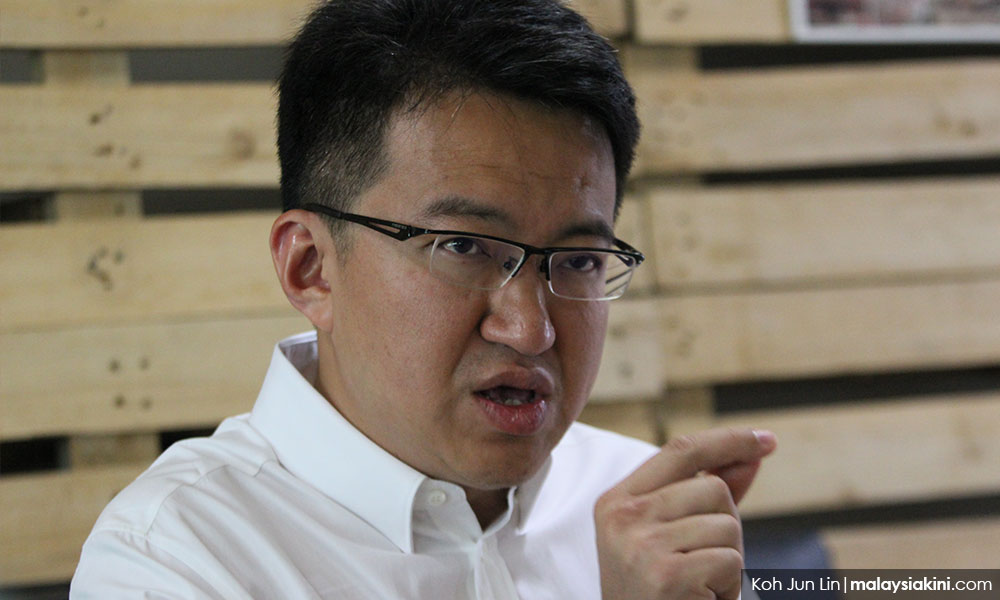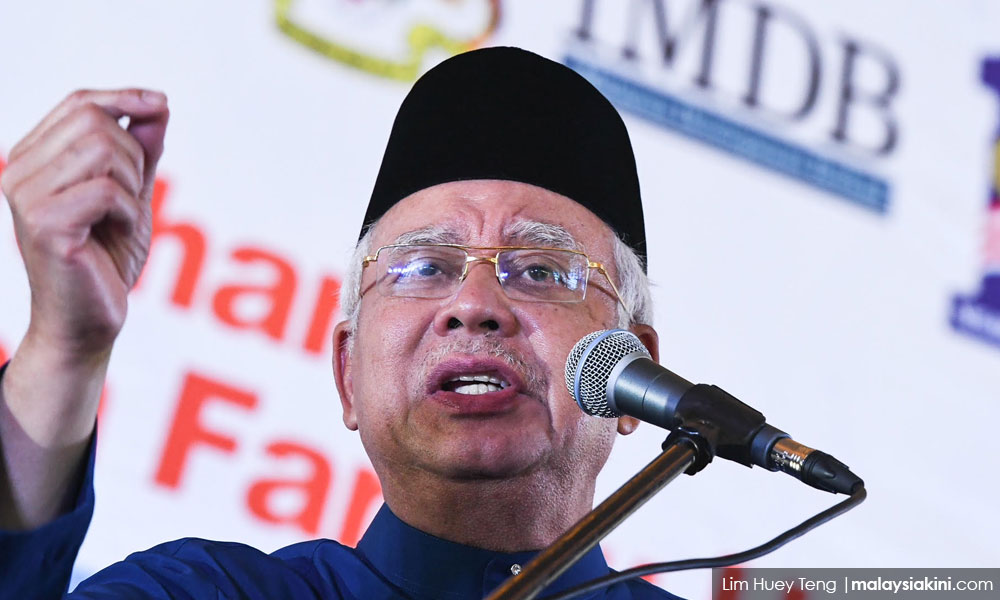
INTERVIEW | Pakatan Harapan’s recent electoral success was widely attributed to the wave of the discontent widely dubbed the 'Malay tsunami', a phenomenon first predicted by DAP political education bureau chief Liew Chin Tong three years ago.
Now vindicated, Liew said the new government should not be too preoccupied with anticipating likely scenarios for the next general election, but rather focus on the work ahead.
“The Pakatan Harapan government shouldn't worry about this. What a new government should do well are the things that a government is supposed to do,” he told Malaysiakini in an interview on Tuesday.
Liew - who narrowly lost the Ayer Hitam seat to MCA's Wee Ka Siong in the recent polls - was asked what lay ahead for Harapan, and whether the coalition would likely come undone by internal stirrings of discontent now that it faces little external threat.
The Johor DAP chief stressed, however, that the political scenario in the next five years is still unpredictable, and the possibility of a third force rising to challenge Harapan’s hold on power cannot be ruled out.
On the other hand, the problems that the new government needs to tackle - institutional and economic reform, as well as issues pertaining to race relations - should take precedence, he believes.
“The first thing is how to review Najib's political legacy including 1MDB - including to review our institutions and how it shaped Najib - and to ensure that our institutions will never allow power to be concentrated in the hands of the prime minister again.

“The cabinet needs to be strong, and the Parliament needs to be the check and balance against the cabinet. (Hence) the cabinet checks on the prime minister and the parliament checks on the cabinet. The media needs to be stronger and freer. The judiciary needs to be more independent.
“These are the things that we need to deal with. No matter how we explain the outcome of our election promises five years down the road, the most important thing is that you have completely reformed the country’s institutions including its electoral system,” he said.
Economic reforms
Liew also stressed that economic reforms are critical, in order to ensure that the common citizenry feel that the benefits of Malaysia’s economic success are being redistributed, and not concentrated in the hands of a few major corporations.
Another challenge facing Harapan, he added, is to tackle the country's sometimes fractured race relations and find ways to give citizens a sense of purpose, namely a feeling that everyone is together to work towards a better Malaysia.
Otherwise, the country will still be disunited even if Harapan achieves its political and economic reforms, he said.
“So how to lead this country in these three areas of institutional reform, economic reform, and shaping race relations so that everyone feels a sense a purpose and the country is good... these are the major challenges that we face.
“How to get there and how to achieve it is what we need to deal with.
"As for political scenarios, you can't predict it accurately anyway,” said Liew, who also heads the DAP-linked think tank Research for Social Advancement. -Mkini



No comments:
Post a Comment
Note: Only a member of this blog may post a comment.